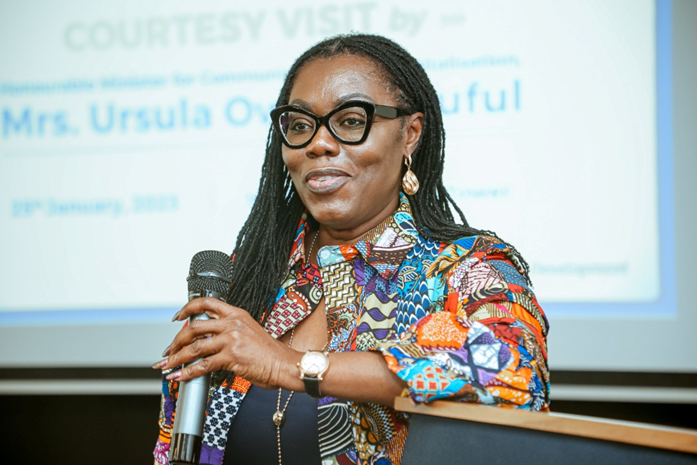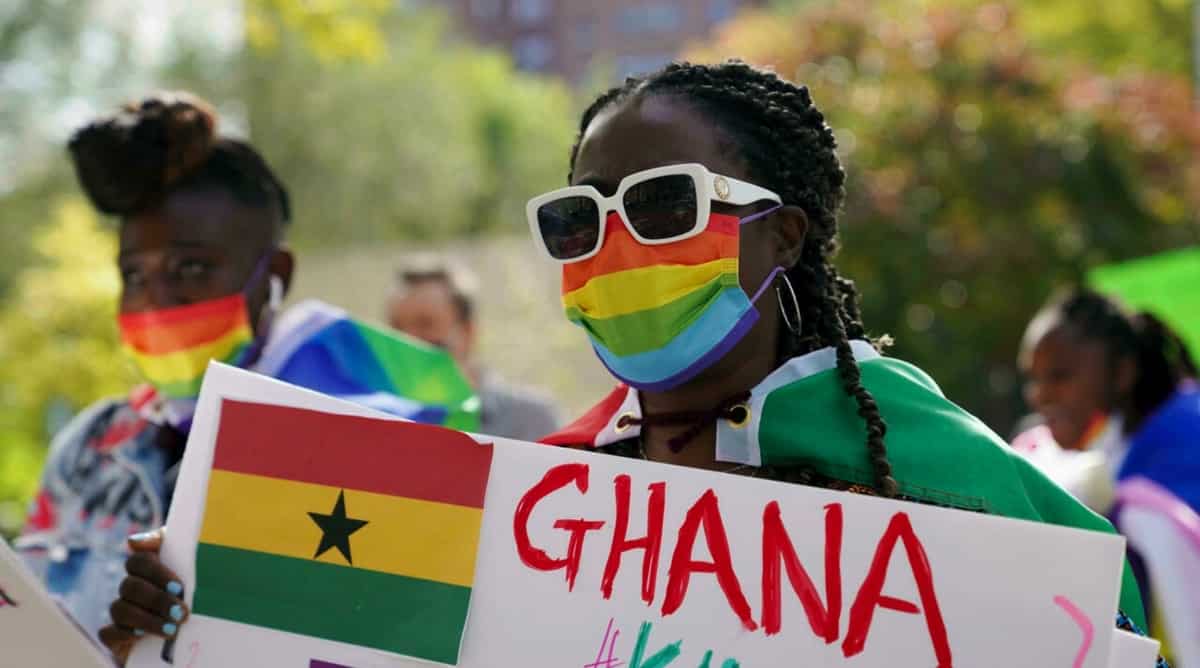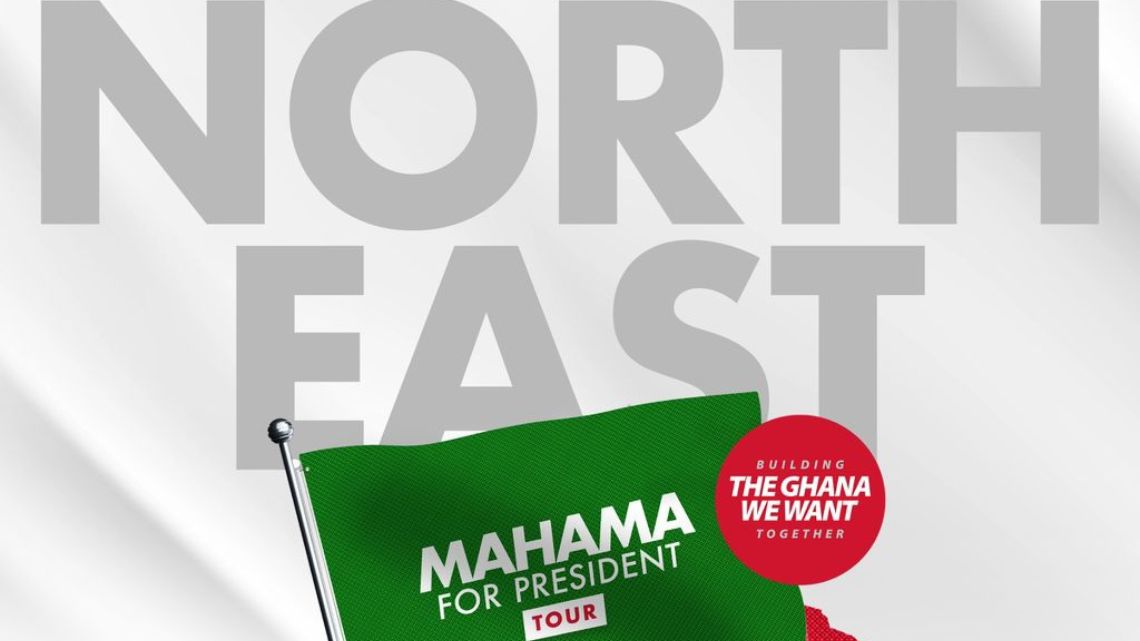The Next-Gen Infrastructure Company (NGIC) has secured a 10-year exclusive contract to roll out 4G and 5G networks across Ghana, marking a major step in the nation’s digital transformation.
At the official launch of Ghana’s high-speed 5G service on November 1, 2024, in Accra, Minister for Communications and Digitalisation Mrs. Ursula Owusu-Ekuful emphasized that this exclusive deal will enable NGIC to invest significantly in building the infrastructure needed for nationwide coverage, creating a shared network that all telecom operators can access.
“We have chosen a neutral, shared network model to address the issues seen in previous spectrum auctions. This approach will allow telecom providers to compete on service offerings, not network availability,” Mrs. Owusu-Ekuful explained.
“If you’re within the initial 5G coverage areas and still lack access by December, your provider should be accountable for making it available to you.”
The minister also highlighted affordability as a priority, noting that the government is collaborating with telecom companies to offer data plans that meet diverse needs. Through public-private partnerships, efforts are underway to reduce consumer costs, aiming to make 5G accessible to businesses, students, and low-income households. “Our goal is to build a digital ecosystem where everyone can benefit from high-speed connectivity,” she added.
President Nana Akufo-Addo, also present at the event, encouraged Ghanaians, especially the youth, to use 5G responsibly, underscoring its potential to advance national development. He warned against misuse that could lead to cybersecurity or data privacy issues and called on users and regulators to remain vigilant.
“5G is a powerful tool for shaping Ghana’s future, and with it comes the responsibility to use it wisely,” he said. “Let’s ensure 5G promotes unity and drives progress, especially for the youth, who stand to benefit the most from this digital era.”
Designed to deliver faster speeds, lower latency, and greater bandwidth, 5G operates on frequencies similar to 3G and 4G but offers speeds up to ten times faster, positioning it as a key component in Ghana’s digital journey.








